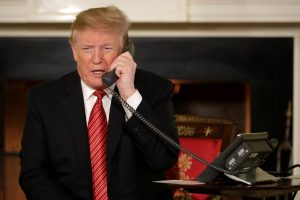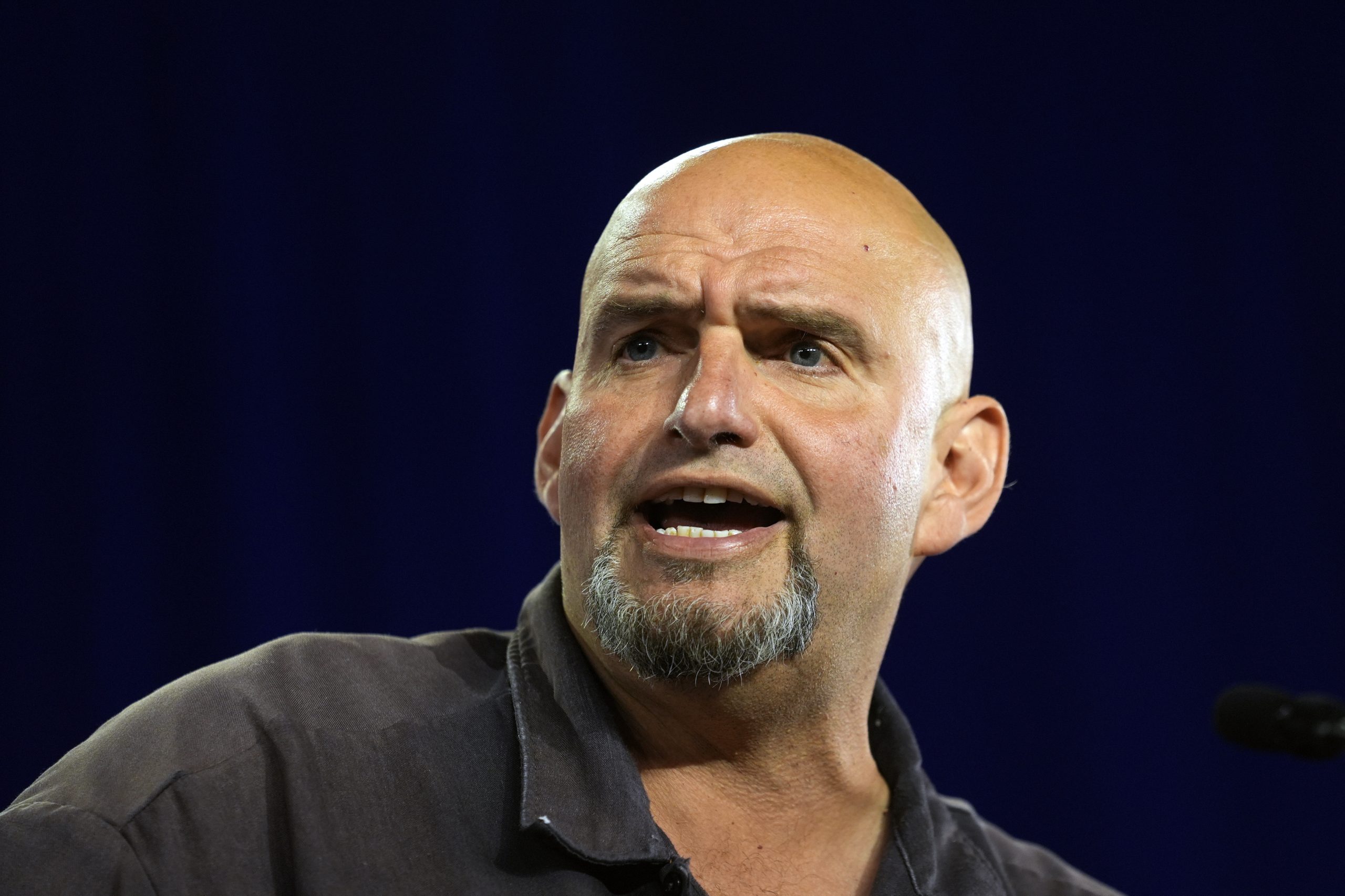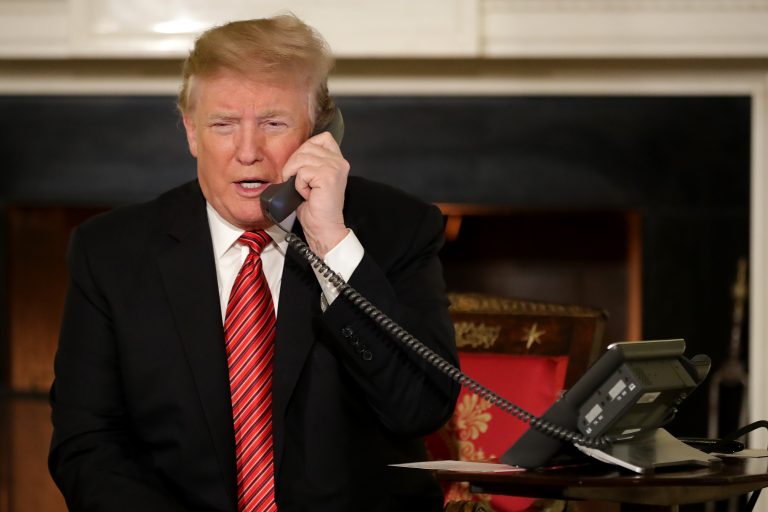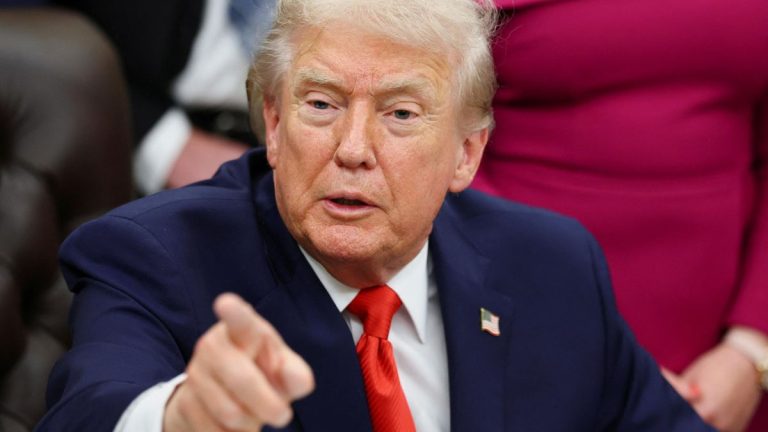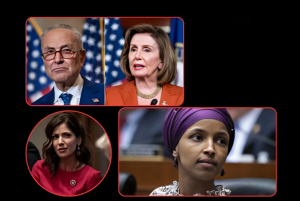As the United States government shutdown continues into its fourth week, Senator John Fetterman of Pennsylvania has called for a procedural change in the Senate to allow swift passage of legislation reopening federal agencies. His remarks have drawn attention across Washington, reflecting growing concern among lawmakers about the economic and social effects of the prolonged funding lapse.
A Prolonged Shutdown with Wide-Ranging Impact
The federal government has been partially closed since October 1, 2025, following a stalemate in Congress over a continuing resolution to fund operations. Without new appropriations, many agencies have suspended non-essential services, while hundreds of thousands of federal employees remain furloughed or are working without pay.
The impasse began when the House of Representatives passed a short-term funding measure that stalled in the Senate amid disagreement between Democrats and Republicans over budget priorities, supplemental aid packages, and immigration provisions. As the shutdown entered its twentieth day, negotiations between congressional leaders showed little progress.
Economists have warned that a prolonged shutdown could affect the broader economy, disrupt social safety programs, and delay public services such as food assistance, housing support, and federal loan processing. Analysts also note that each day of closure adds to uncertainty for government contractors, small businesses dependent on federal projects, and citizens awaiting benefits.
Fetterman’s Proposal: A Filibuster “Carve-Out” for Funding Bills
Senator Fetterman, a first-term Democrat representing Pennsylvania, spoke to reporters on October 21, urging the Senate to temporarily suspend or “carve out” the legislative filibuster for spending bills. The filibuster currently requires most legislation to receive at least sixty votes to advance, effectively granting the minority party the ability to block measures that cannot reach that threshold.
Fetterman argued that using a simple-majority vote to approve funding bills could expedite the reopening of the government and prevent future shutdowns. “Carve it out, absolutely,” he said, referencing the idea of an exception to the Senate rule. “We ran on that — we ran on killing the filibuster, and now we love it. Carve it out so we can move on. I support it because it makes it more difficult to shut the government down in the future, and that’s where it’s entirely appropriate.”
The Pennsylvania senator’s comments align with his long-standing openness to revising Senate procedures to enable majority-rule decision-making. During his 2022 campaign, Fetterman endorsed ending or modifying the filibuster for key legislative priorities, including voting rights and infrastructure bills. His latest remarks indicate that he views government funding as another area where the procedural barrier can obstruct urgent action.
Concern for SNAP and Low-Income Families
Fetterman also voiced particular concern for the Supplemental Nutrition Assistance Program (SNAP), commonly known as food stamps. He warned that continued delay in government funding could affect the program’s ability to provide assistance to low-income families.
“There are no winners here. It’s not getting better every day,” Fetterman said. “People are going to start to get really hungry, and I’ve been fully, fully committed to fund SNAP. This is just bad political theater. Open it up.”
The senator has consistently emphasized economic hardship in his public statements since taking office, often highlighting working-class issues and food insecurity in Pennsylvania. In a post on X (formerly Twitter), he wrote: “Food insecurity is real for many Pennsylvania families. It’s one of many reasons why I could never vote for shutting our government down.”
SNAP is administered by the Department of Agriculture and depends on congressional appropriations to issue monthly benefits. During a government shutdown, funding for the program may be temporarily extended through contingency reserves, but prolonged impasses can threaten continuity of payments. Fetterman and several other lawmakers have cited this as a reason to expedite negotiations.
Divisions Over the Filibuster
Fetterman’s comments renewed debate over the role of the filibuster, a longstanding Senate procedure designed to encourage deliberation and bipartisan consensus. Supporters argue that it protects minority rights and promotes compromise, while critics contend that it enables obstruction and gridlock.
Calls to modify or eliminate the filibuster have grown in recent years, particularly among Democrats frustrated by repeated legislative stalemates. However, Senate Majority Leader Chuck Schumer has not signaled support for a rule change related to spending bills, and several Democratic senators remain opposed to altering the 60-vote threshold.
Republicans, for their part, have historically defended the filibuster but have also invoked the so-called “nuclear option” to change Senate rules in specific cases, including the confirmation of federal judges. Fetterman’s suggestion that Republicans might now consider using that same process for appropriations legislation introduced a new dynamic into the ongoing negotiations.
Political and Procedural Hurdles
Eliminating or suspending the filibuster for certain bills would require a majority vote in the Senate. At present, Democrats hold a narrow majority, with Vice President Kamala Harris able to cast tie-breaking votes. However, any proposed rules change would still depend on the support of every Democratic senator or cooperation from some Republicans — a scenario that analysts consider unlikely in the current polarized environment.
Some lawmakers have expressed concern that weakening the filibuster could set a precedent for further procedural erosion, allowing future majorities to advance controversial legislation without bipartisan input. Others have countered that the rule has already been selectively altered and no longer functions as originally intended.
Fetterman’s comments did not specify whether he would support a permanent abolition of the filibuster or a temporary carve-out limited to funding bills. His focus, he said, was on ensuring that the government reopens quickly and that programs like SNAP remain fully funded.
Response from Congressional Leaders
Senate Majority Leader Schumer has continued to press for a bipartisan solution but has not endorsed a procedural change. “We need cooperation, not confrontation,” Schumer said in a floor speech. “The American people deserve a functioning government, and we can only achieve that by working together.”
Senate Minority Leader Mitch McConnell, meanwhile, criticized the idea of altering Senate rules to expedite spending measures, arguing that the filibuster ensures stability. “The rules exist to prevent the kind of short-term thinking that leads to long-term damage,” McConnell said. “Changing them in the middle of a crisis is not the answer.”
House Speaker Mike Johnson reiterated that the House had already passed a funding bill and accused the Senate of delaying action. “The solution is on their desk,” Johnson said. “The Senate needs to act.”
Public Pressure Mounts
Public frustration with the shutdown has increased as federal services remain limited. Analysts estimate that hundreds of thousands of federal workers have missed multiple paychecks, while national parks, museums, and passport offices remain closed or partially operational.
Air travel has also faced disruptions due to staffing shortages at the Federal Aviation Administration and Transportation Security Administration. Local governments dependent on federal grants are beginning to experience funding gaps for community projects and infrastructure repairs.
In Pennsylvania, Fetterman’s home state, organizations providing food assistance have reported higher demand. Several nonprofit directors have urged Congress to reach a compromise, noting that extended shutdowns disproportionately affect low-income families, veterans, and seniors.
Looking Ahead
Whether Fetterman’s proposal gains traction remains uncertain. Some political observers suggest that his comments reflect frustration shared by many senators who view repeated shutdowns as failures of governance rather than legitimate negotiation tactics. Others believe that leadership will continue to seek a short-term continuing resolution rather than pursue major rule changes.
For now, the Senate remains divided, with neither side showing willingness to concede core demands. As the shutdown approaches its fourth week, the consequences are growing increasingly tangible across the country.
Senator Fetterman’s intervention adds a new dimension to the debate by linking procedural reform with immediate relief for Americans affected by the shutdown. His call to “carve out” the filibuster underscores a broader conversation about whether long-standing Senate traditions should yield to the practical realities of governing in a period of deep political polarization.
Whether that argument persuades his colleagues remains to be seen. But as negotiations continue and federal operations remain halted, pressure is intensifying on both parties to find a resolution that restores government services, protects vulnerable communities, and prevents future crises of the same kind.

Emily Johnson is a critically acclaimed essayist and novelist known for her thought-provoking works centered on feminism, women’s rights, and modern relationships. Born and raised in Portland, Oregon, Emily grew up with a deep love of books, often spending her afternoons at her local library. She went on to study literature and gender studies at UCLA, where she became deeply involved in activism and began publishing essays in campus journals. Her debut essay collection, Voices Unbound, struck a chord with readers nationwide for its fearless exploration of gender dynamics, identity, and the challenges faced by women in contemporary society. Emily later transitioned into fiction, writing novels that balance compelling storytelling with social commentary. Her protagonists are often strong, multidimensional women navigating love, ambition, and the struggles of everyday life, making her a favorite among readers who crave authentic, relatable narratives. Critics praise her ability to merge personal intimacy with universal themes. Off the page, Emily is an advocate for women in publishing, leading workshops that encourage young female writers to embrace their voices. She lives in Seattle with her partner and two rescue cats, where she continues to write, teach, and inspire a new generation of storytellers.
